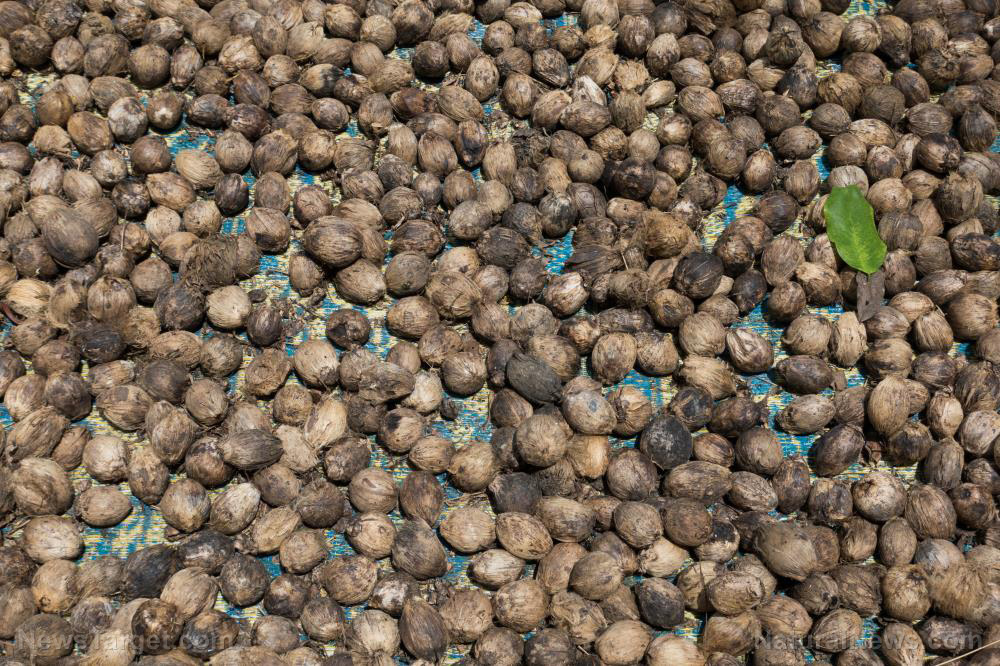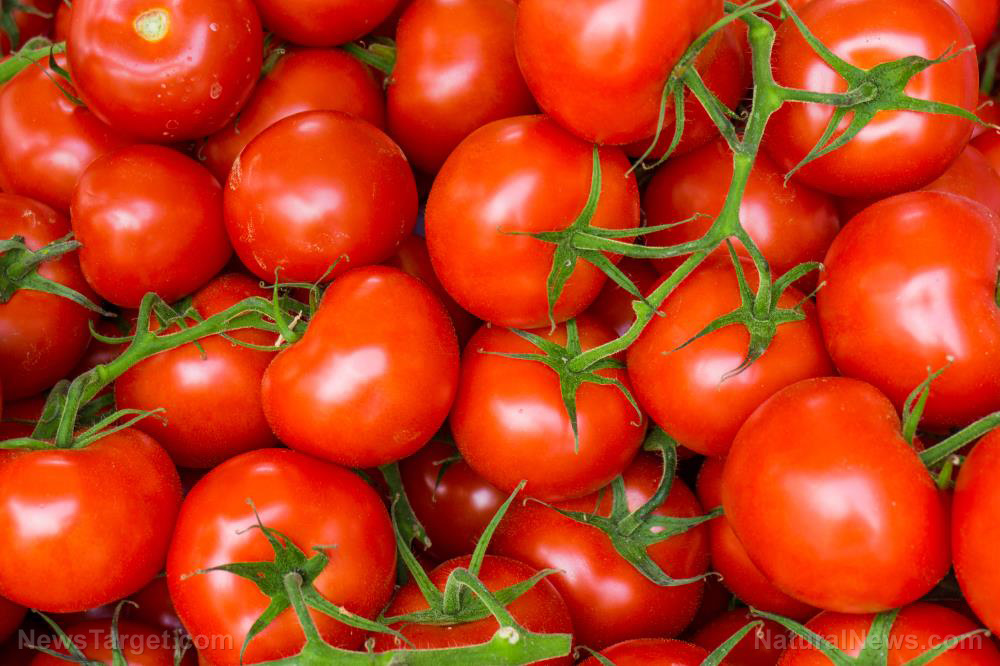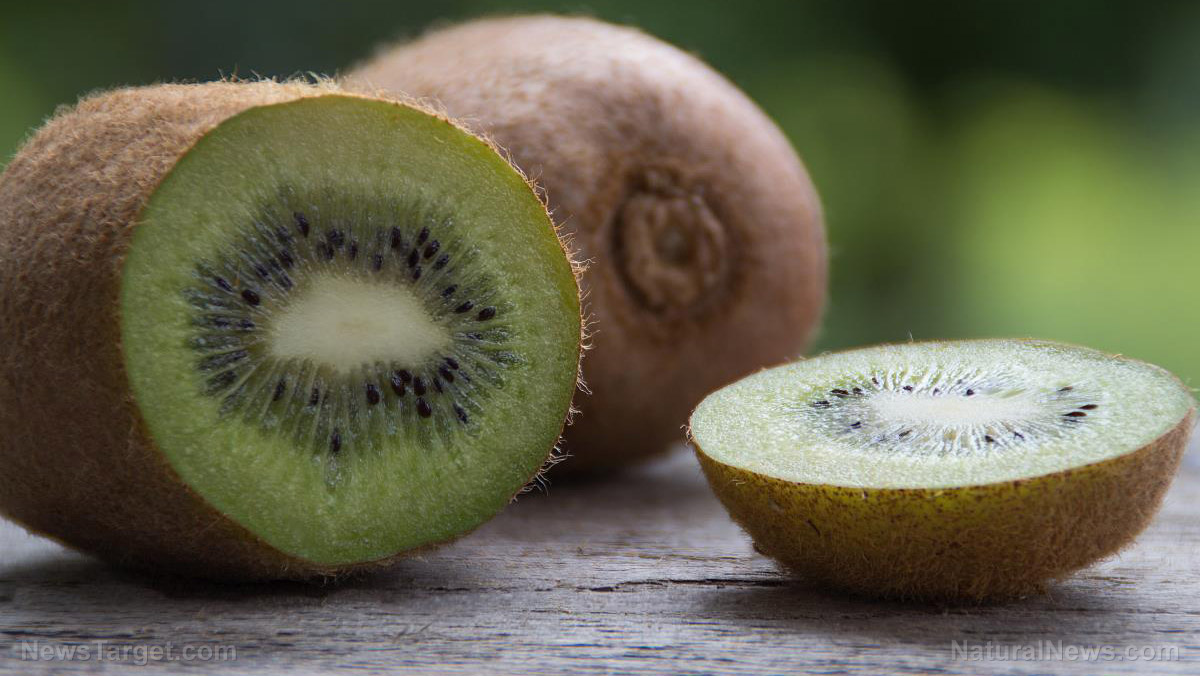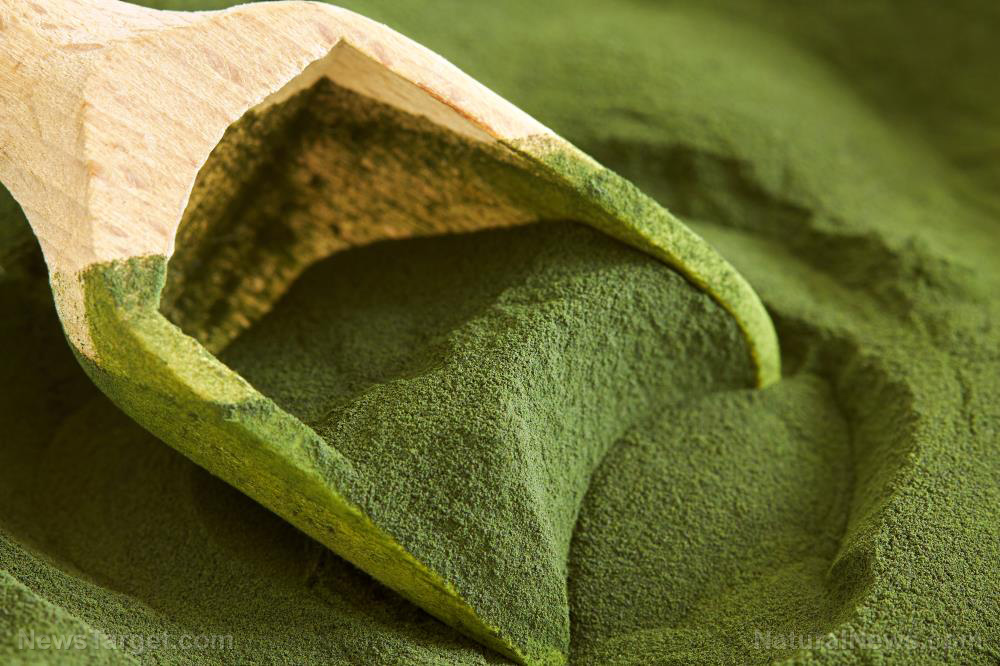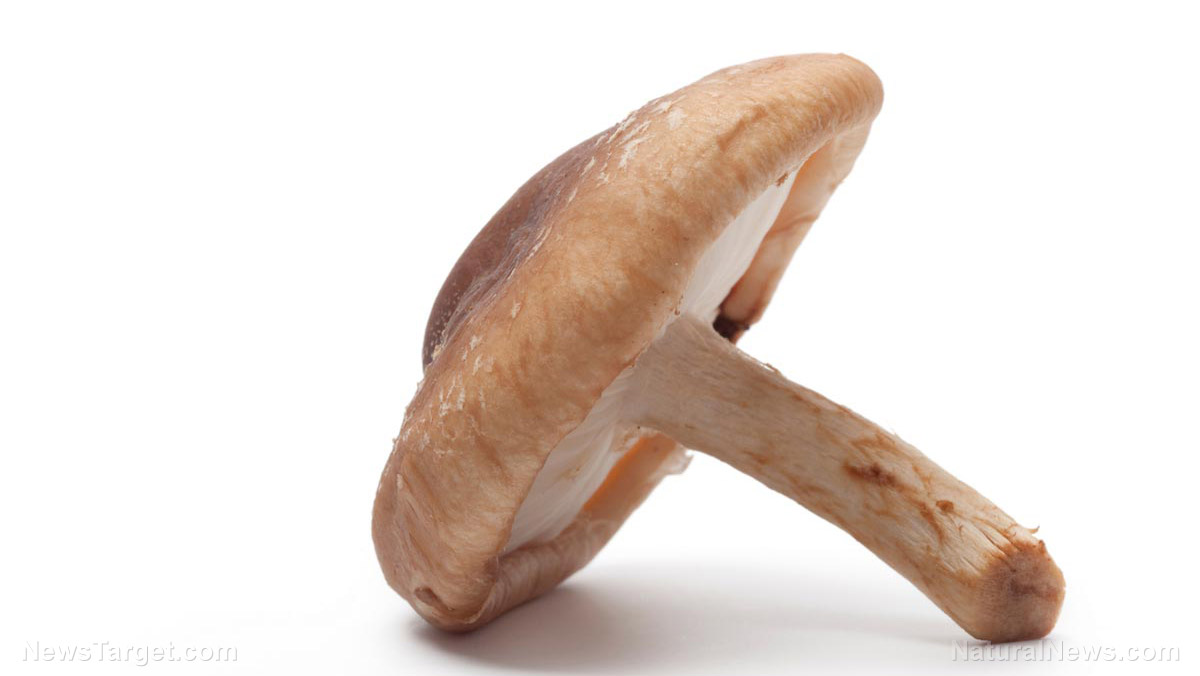Radishes may be the next best natural antidepressant
12/20/2018 / By Ellaine Castillo

Researchers from the University of Karachi and Hamdard University in Pakistan found that the rat-tailed radish (Raphanus caudatus) has potential use as a natural remedy for depression. In their study, which was published in the African Journal of Traditional, Complementary and Alternative Medicines, they evaluated the antidepressant effects of the plant through different tests conducted in animal models.
- Depression, which is the most common mental health problem in the world, occurs due to depleted concentrations of the neurotransmitters dopamine, epinephrine, and serotonin. People with this condition suffer from symptoms like low energy levels, apathy, despair, hopelessness, and suicidal thoughts.
- Conventional medications for depression include tricyclic antidepressants, monoamine oxidase inhibitors, selective serotonin reuptake inhibitors (SSRIs), and selective noradrenaline reuptake inhibitors (SNRIs), which are not just expensive but are also associated with adverse side effects. Because of these, researchers continue to search for safe, effective, and cheaper antidepressants in nature.
- Previous studies have shown that the rat-tailed radish, a widely consumed plant in Asia and Europe, is effective against cardiovascular diseases, diabetes, cancer, and gastric disorders. Moreover, this plant exhibits hepatoprotective and antioxidant properties.
- The different properties of rat-tailed radish can be attributed to the presence of alkaloids, anthocyanins, and isothiocyanate compounds. Although these substances are also known to have neuro-pharmacological potential, no studies have been conducted regarding the antidepressant activity of the plant.
- In this study, the researchers collected extracts from dried rat-tailed radish and tested different doses of it (250, 500, 1000 mg/kg) for antidepressant activity in Swiss albino male mice. They also had setups serving as the negative and positive control, which were treated with normal saline and the antidepressant Fluoxetine, respectively.
- Antidepressant activity was based on the results of a forced swim test and a tail suspension test.
From these tests, the researchers found that rat-tailed radish significantly reduced depression-like behavior in rats, proving that it has potential use as a natural remedy for depression.
Read the full text of the study at this link.
For more articles about natural remedies for mental health problems, visit Mental.news.
Journal Reference:
Younus I, Siddiq A. BEHAVIORAL EVIDENCE OF ANTIDEPRESSANT LIKE ACTIVITY OF RAPHANUS SATIVUS L. VAR. CAUDATUS IN MICE. African Journal of Traditional, Complementary and Alternative Medicines. 2017;14(3). DOI: 10.21010/ajtcam.v14i3.15
Tagged Under: Antidepressant, brain health, mental health problems, natural cures, natural medicine, natural remedies, Radishes, Raphanus caudatus







